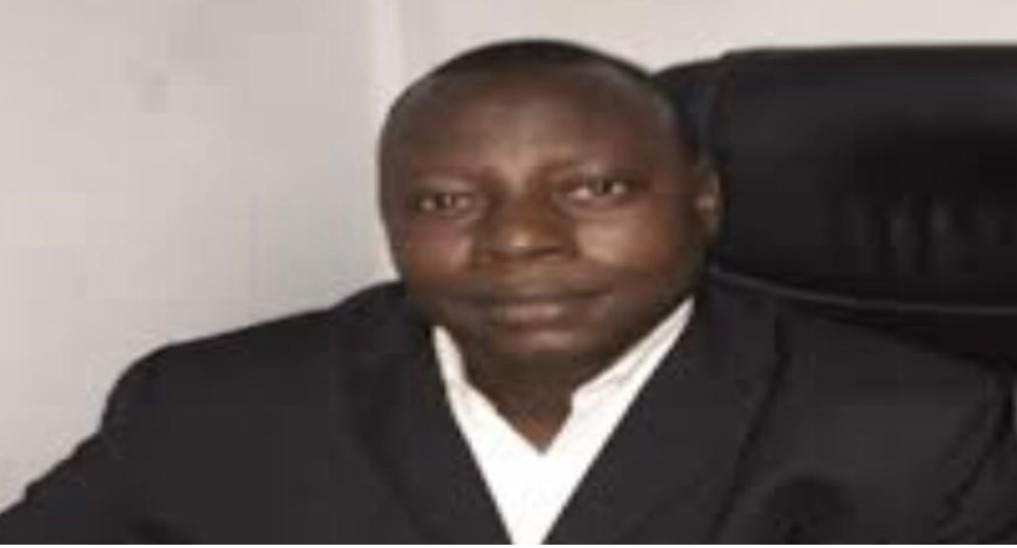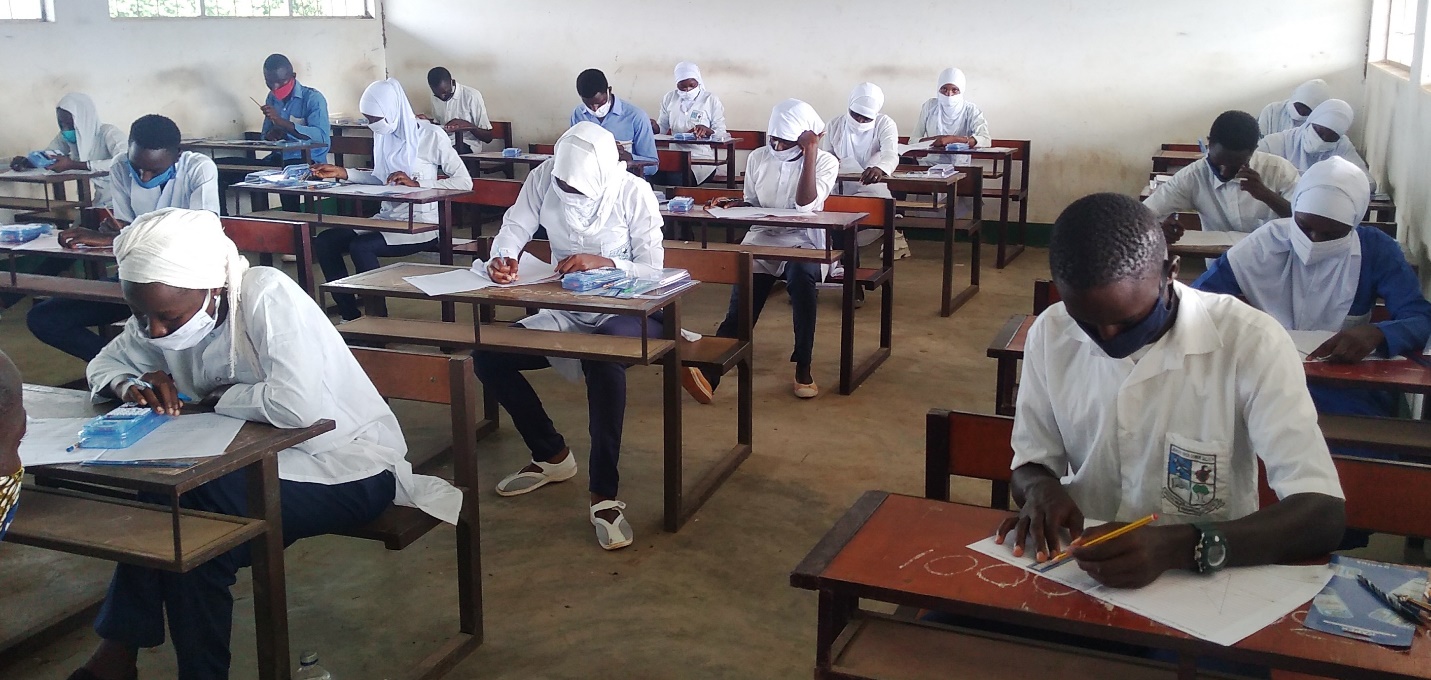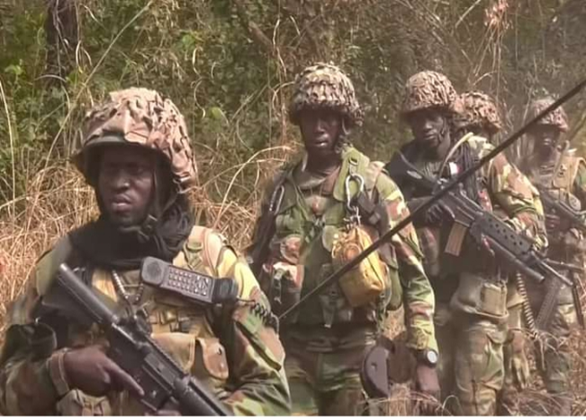By Arret Jatta
Mr. Fallou Sowe, National Coordinator of the Network Against Gender-Based Violence has emphasized that repealing the FGM law will undermine the country’s international commitments.
Efforts are underway to repeal the Women Amendment Act (2015), which prohibits FGM in The Gambia
In 1993, The Gambia ratified the Convention on the Elimination of All Forms of Discrimination Against Women (CEDAW) without reservations and thus committed to implementing the rights and freedoms of women contained therein.
“We signed a lot of regional and international legal frameworks, which are against legalizing FGM and we had worked so hard over 30 to 35 years to be able to achieve the prohibition of FGM in the country. Therefore, if all these years of work, our national assembly members decide to change that dynamics and repeal the law, it will have consequences, especially on the welfare of our women and children,” Mr. Sowe told The Voice.
Officials of the Network Against Gender-Based Violencewere recently at the National Assembly to dialogue with lawmakers about the need to not repeal the law, prohibiting Female Genital Mutilation/Cutting (FGM/C) in The Gambia.
“We’ve gathered here to speak to you as our representatives to understand that the repealing of the law will cause more harm than good,” Sowe told legislators.
He urged them to consider issues, especially those that will affect women and girls in the country, saying they came to the Parliament to remind members of their responsibility to ensure that they make decisions that will be in the best interest of the people and not for the few.
“We all know the research that has been done in the country on FGM has health complications and social effects on women and girls,” he told NAMs.





